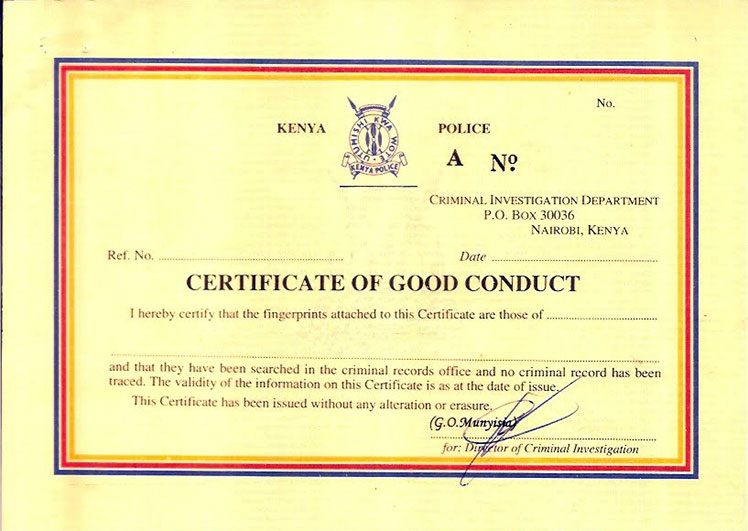Coming up with a business idea is the easy part. Executing the idea is the brave part. Sustaining it is the hard part; harder still if you were born female.
While it's true that women have made great strides in a domain traditionally dominated by men, there is a myriad of challenges they still face that are not common among their male counterparts. Access to capital is just one of them. In 2018, female-founded startups in the US accounted for only 2% (USD 1.9 billion) of the overall USD 85 billion raised from venture capital funding, even though women own 38% of businesses. In contrast, 79% of that funding went to all-male teams. In the European context, 93% of companies backed by venture capital went to companies with all-male founding teams.
The problem becomes even more pronounced for female-led start-ups in Africa that mostly rely on banks to fund their ventures. Typically, banks in Kenya require collateral for loans and in many Kenyan cultures, women are not allowed to own property. They can not use title deeds in the process of acquiring bank loans, and yet, every start-up requires capital to get started. This effectively relegates theirs to small scale projects with limited prospects to scale.
More and more financial institutions are waking up to the realities this problem presents, and are devising solutions to help women along the path of becoming successful business owners. Standard Chartered Bank is one such institution.
Since 2017 the bank has, in partnership with Strathmore University's iBiz Africa, been supporting female-led startups grow their businesses through the Women in Tech program.
Each year, the Women in Tech incubator programme selects 10 promising small and medium businesses female-led businesses that are leveraging on technology and connects them with a variety of tools and resources that can help them refine and grow and their businesses. These include mentorship and coaching sessions, networking opportunities, access to investor forums and seed capital. At the end of the 4-month long incubator programme, the 10 teams prepare and deliver final pitches to a panel of judges, which then selects 5 teams, each of which is awarded Kshs 1 million in seed funding.
We caught up with the founders of the 10 startups that made the cut for this year's cohort:

Pamela Muriuki is the founder and CEO of Gift Chain Africa Limited, a fintech company that aims to transform the retail landscape in Africa by eliminating inefficiencies around processes in the sector.
A data scientist and enthusiast tech-prenuer with a sharp focus in retail business development, Pamela began to appreciate the key pain points in the retail industry after having worked in it for 5 years. This motivated her to come up with solutions that would benefit both the retailer and end consumers. Gift Chain Africa not only simplifies the processes of buying and distributing e-vouchers, it also enables retailers to convert physical cash into e-money at the point of sale.
For those looking to venture into entrepreneurship, Pamela has some advice: "Entrepreneurship is an exciting but tough journey. You've got all that it takes to start your own venture. Identify a problem in the market, study it, then develop the best scalable solution for it. Do not be afraid of copy cats in the market. Always know; everything falls and rises on EXECUTION.
Read more on Qazini




